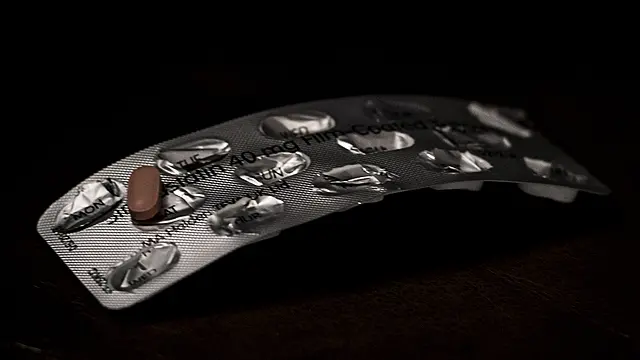The study, published in the BMJ Evidence Based Medicine on Monday, said that dozens of randomised controlled trials of low-density lipoprotein (LDL) cholesterol reduction through cholesterol reducing drugs such as statins have failed to show any consistent benefit.
But the study was criticised by other scientists who said its conclusions were based on “flawed analysis” and did not properly follow from the data researchers considered.
The authors reviewed 35 clinical trials comparing treatment with one of three types of cholesterol lowering drugs – statins, ezetimibe, and PCSK9 – with a placebo for a period of at least a year in at-risk patients.
Each of the trials was categorised according to whether it met the LDL cholesterol reduction target outlined in the 2018 American Heart Association and American College of Cardiology guidelines.

Researchers then calculated the number of people who would need to be treated in order to prevent one “event” such as a heart attack, stroke or death and calculated the reduction in “absolute” risk in each study that reported “significantly” positive results.
Their analysis showed that over three quarters of all the trials reported no positive impact on risk of death and nearly half reported no positive impact on risk of future cardiovascular disease.
The LDL cholesterol reduction achieved also did not correspond to the size of the resulting benefits, with even very small changes in LDL cholesterol sometimes associated with larger reductions in risk of death or cardiovascular “events” or vice versa, they added.
A total of 13 clinical trials met the LDL cholesterol reduction target, but only one reported a positive impact on risk of death and five a reduction in the risk of “events”.
Among the 22 trials that did not meet the LDL lowering target, four reported a positive impact on risk of death while 14 reported a reduction in the risk of cardiovascular events.
The authors said that setting targets for lowering LDL cholesterol based on risk might seem “intuitive and logical”.
But they added: “Considering that dozens of (randomised controlled trials) of LDL-cholesterol reduction have failed to demonstrate a consistent benefit, we should question the validity of this theory.
“In most fields of science the existence of contradictory evidence usually leads to a paradigm shift or modification of the theory in question, but in this case the contradictory evidence has been largely ignored, simply because it doesn’t fit the prevailing paradigm.”
But Alun Hughes, professor of cardiovascular physiology and pharmacology at UCL, said the author’s conclusion was based on a “flawed analysis”.
Such all-or-nothing classification of trials is not how evidence is assessed and combined
He said there was “convincing evidence” that statins reduce total mortality and cardiovascular events.
Stuart Pocock, professor of medical statistics at the London School of Hygiene and Tropical Medicine, branded the analysis an “extraordinary deception”.
He added: “In my opinion this article by DuBroff et al in BMJ is an extraordinary deception.
“So how did this article manage to twist this overwhelmingly positive evidence into a negative conclusion?
“Their first trick is classify each trial into one – whether it showed a benefit, yes or no; and two – whether it met the LDL-cholesterol target, yes or no.
“Such all-or-nothing classification of trials is not how evidence is assessed and combined.
“Their second deception is to plot each trial’s LDL-C (cholesterol) reduction against their absolute risk reduction of CV (cardiovascular) events, claiming that the association is too weak to matter.
“Such meta-regression techniques are well known to be flawed especially if they ignore the markedly different patient populations across trials.
“In this case the absolute risk reduction in each trial depends heavily on whether its patient population is high-risk or low-risk.
“So is their plot meaningful? The answer is no.”







